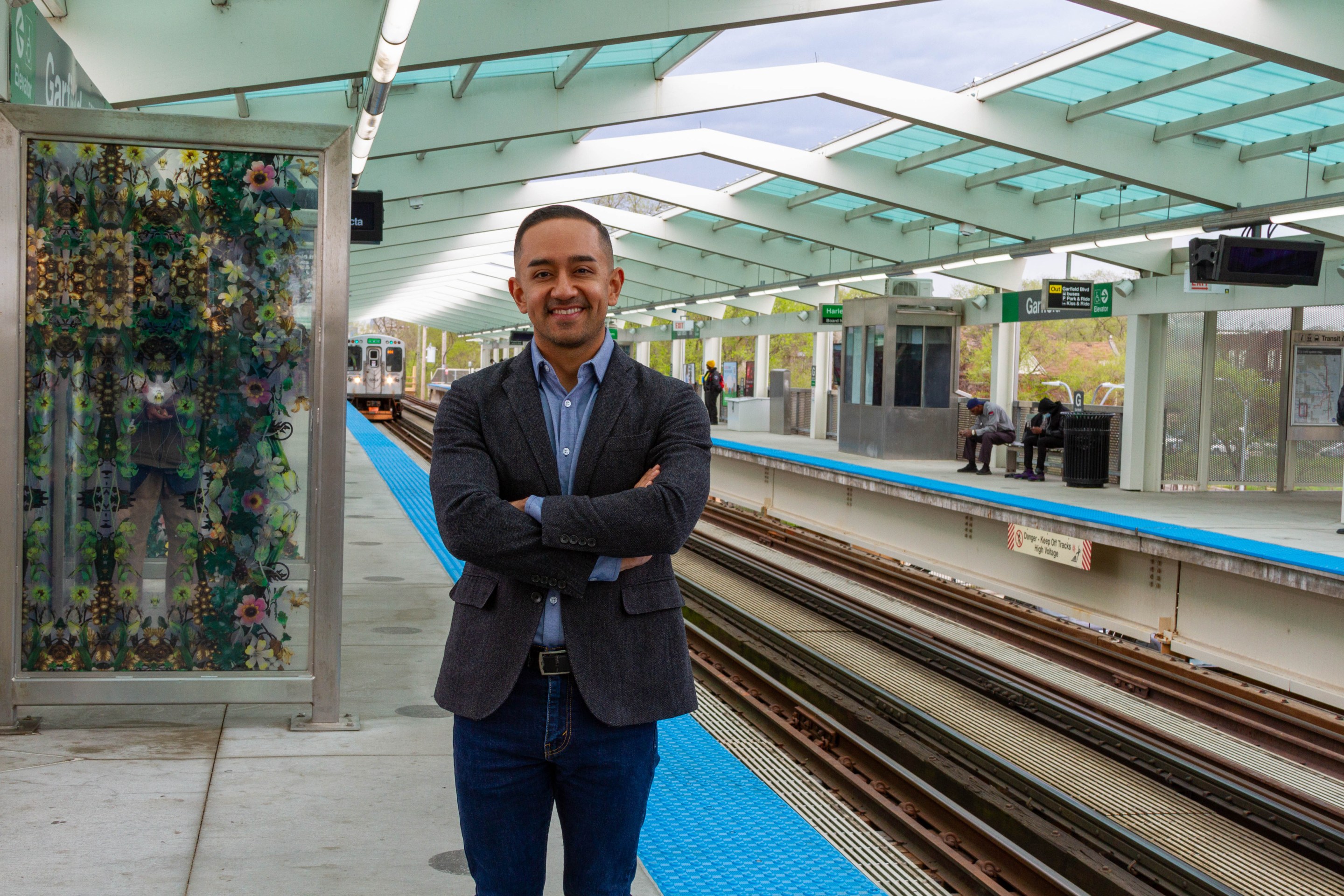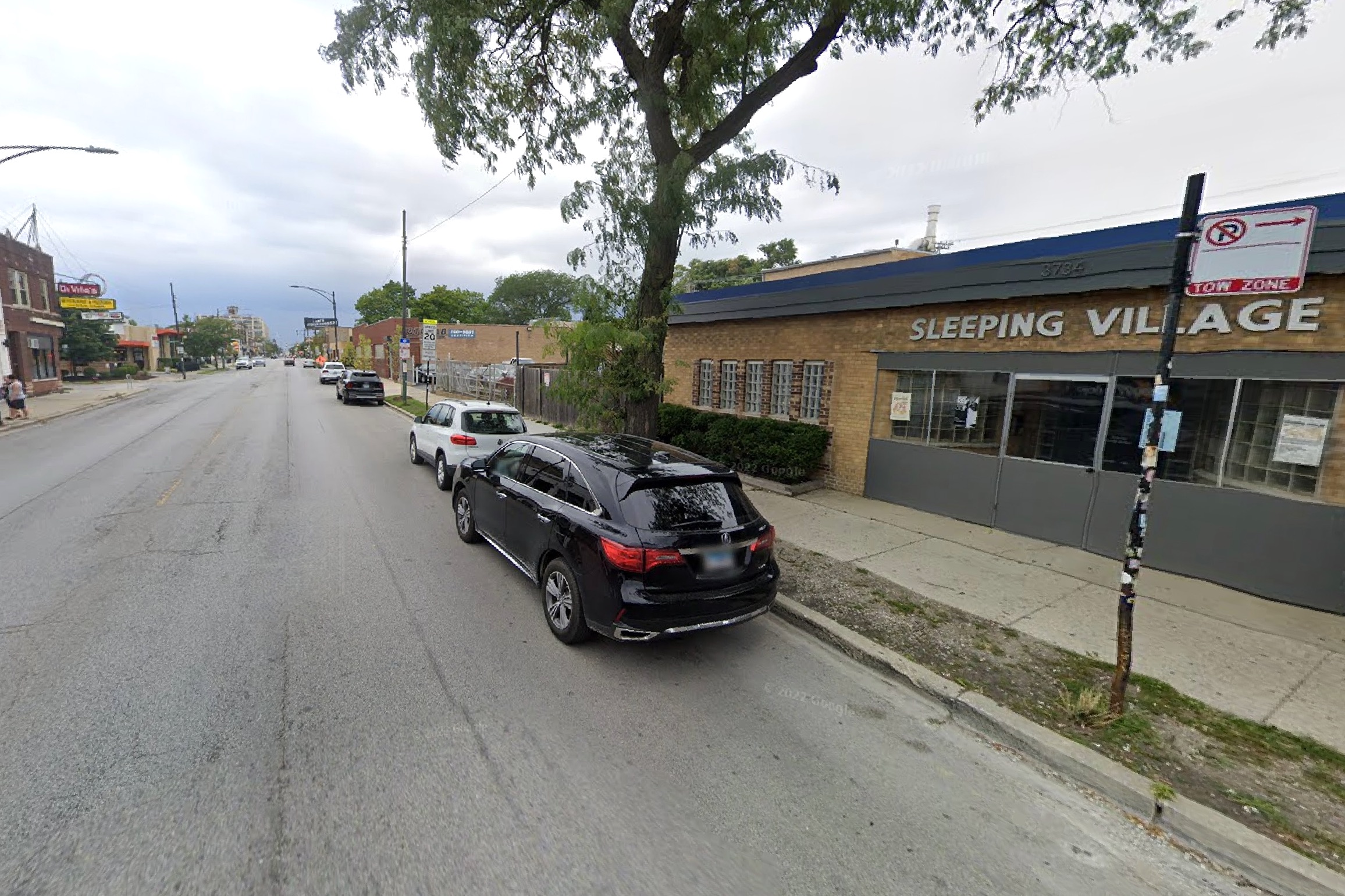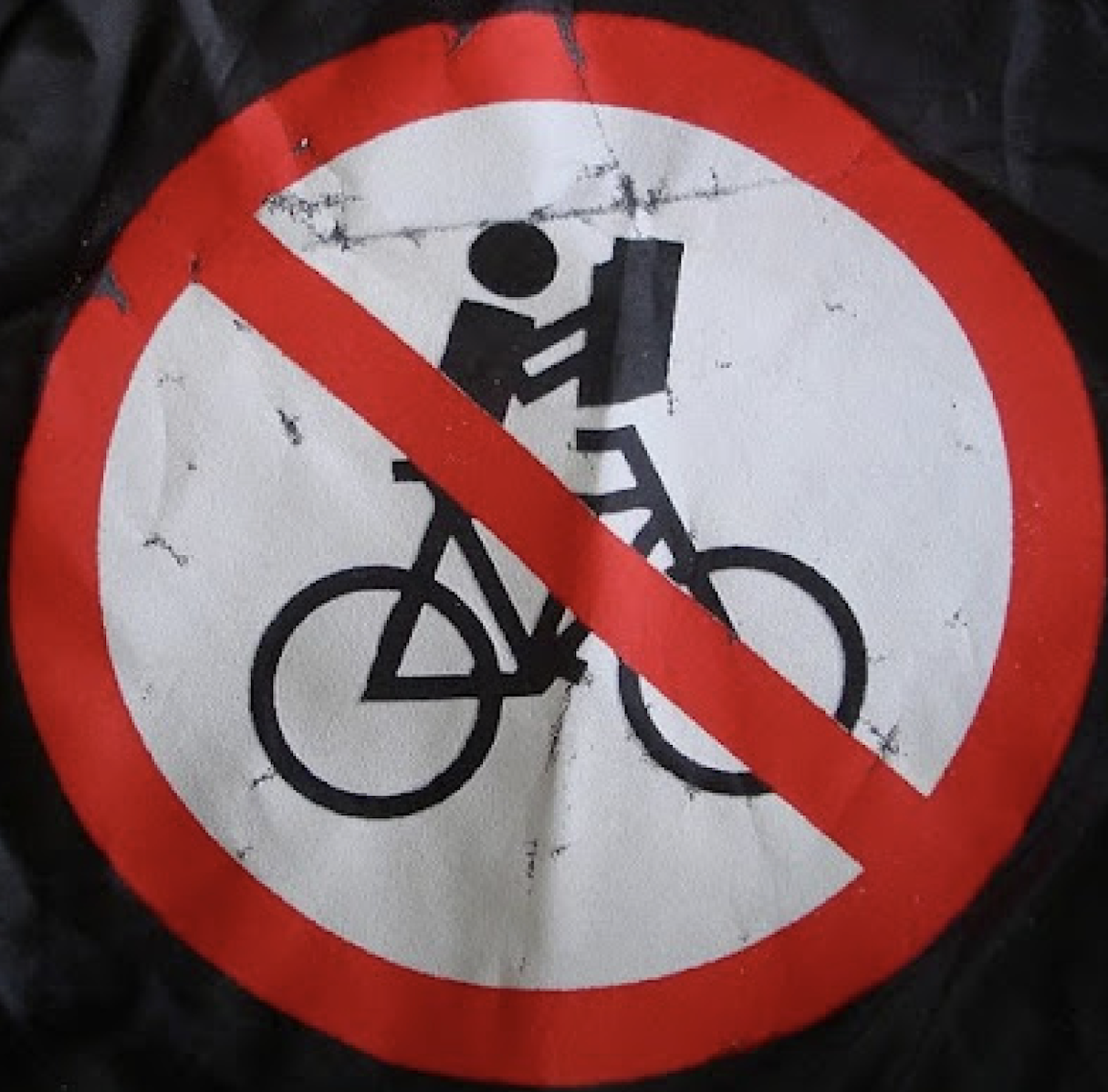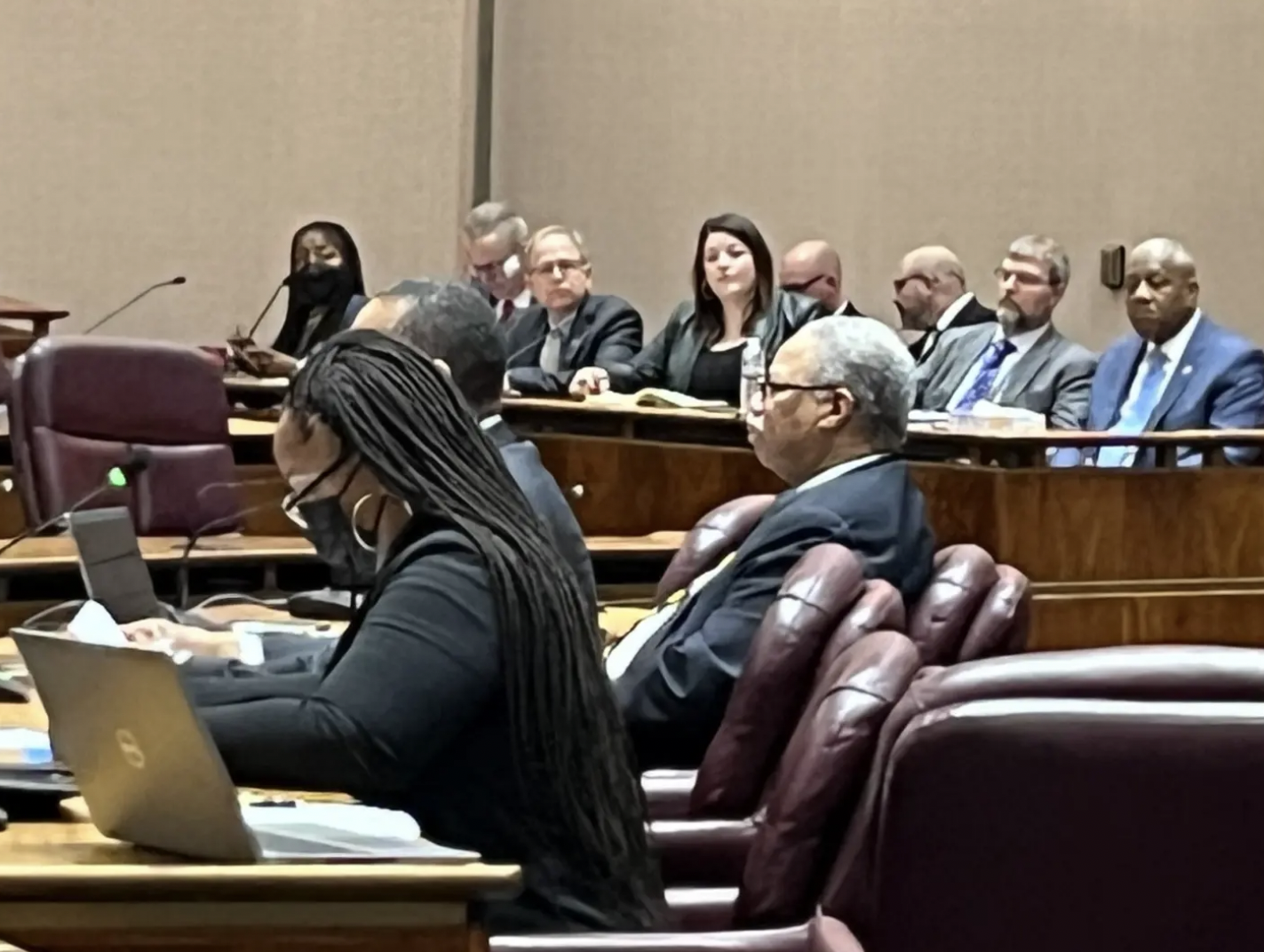
Juan Sebastian Arias, recently announced as the new executive director of Elevated Chicago, a collaborative that promotes equitable transit-oriented development, was already a familiar face to advocates for affordable, sustainable transportation-friendly housing. He was previously a proxy member of the group's steering committee, who promoted ETOD while working for former and current mayors Lori Lightfoot and Brandon Johnson.
According to Elevated, Arias has been involved with public policy issues for over 15 years, including urban planning, community development and strategic partnerships. He's worked with Living Cities, Enterprise Community Partners and prominent walk/bike/transit boosters the Metropolitan Planning Council. In recent years he's served as First Deputy of Policy for both Lightfoot and Johnson, with his tenure wrapping up last November.
Arias has collaborated with Elevated since 2018 as a member of its ETOD Working Group. This organization, made up of dozens of representatives of neighborhood-based, citywide, and regional organizations, helped develop Chicago's ETOD policy plan, which was adopted in June 2021.
He also worked on the policy plan at the Mayor's Office, as well as the related Connected Communities ordinance, which passed in July 2022.
Elevated says Arias was selected for his new position from a field of 70 applicants from across the nation. Obviously he's paid his dues working on policies to help ensure that housing with convenient car-free access to education, jobs, medical appointments, retail, and other amenities isn't just for affluent folks.
Streetsblog recently caught up with Arias to ask about his ideas for getting more Chicagoans onboard with the ETOD concept. We also discussed his perspective on Mayor Johnson's Cut the Tape initiative, which has the goal of streamlining the housing and commercial development approval processes.
John Greenfield: There are different challenges to creating equitable transit-oriented development in different parts of the city. There are lower-income communities of color on the South and West sides that have experienced disinvestment. There are relatively wealthy, predominantly white neighborhoods on the North Side where land is in high demand, and neighbors might worry about density and effects on parking and traffic. And then there are majority-white, middle-class parts of the Far Northwest Side and Far Southwest Side where there might be resistance to making the community more diverse. How do you plan to address those issues?
Juan Sebastian Arias: The first thing I would say is that this relates to some of the goals that we have for shifting the narrative around ETOD because people don't necessarily know what it means, it's technical. There are concerns about, exactly what you said, not building enough parking, or about buildings being built too densely.
What Elevated Chicago is working on is a set of public education efforts, in person events, ETOD 101-type videos. I can't tell you exactly when these will be ready to roll out just yet, because I'm still in my first week here.
But that is definitely a key part of what Elevated is doing to help change the conversation around this type of development, so that it is more supported, so that residents can see the benefits of ETOD in their neighborhoods, how it contributes to more housing affordability, so a greater diversity of housing options in more neighborhoods, how they support local businesses by providing more customers for retail corridors. Because that's a challenge all over the city, increasing retail vacancies. What I'm really excited about being able to do as executive director for Elevated is to continue to push on these narrative change efforts.
So that's one side I would say, for at least the North Side and Northwest Side examples that you reference. That's also relevant for the South and West sides. In particular what I find exciting about Elevated's vacant lot work is raising up the conversation about the many challenges that residents face, or developers face, in looking to activate those lots.
One of the things that I am interested in, maybe even excited about, in the mayor's Cut the Tape initiative is that they do have some core recommendations around streamlining the sale of the city's vacant lots too.
One of the other sides of what Elevated does is support community leaders across South and West Side neighborhoods, and other Black and Latine neighborhoods in the city in their own ETOD efforts. And that's in assisting with planning, with grants and support for capital projects themselves. Elevated Works was stood up as a way to provide technical assistance from the City. So I just want to highlight that other set of strategies that we have for providing some real assistance to brick and mortar development projects too.
That's especially important to call out in the context of the South and West sides, especially in the context of wanting to support more community-driven projects, community-driven developers, or community members that may not have the same access to the resources or expertise that other developers in the city have.
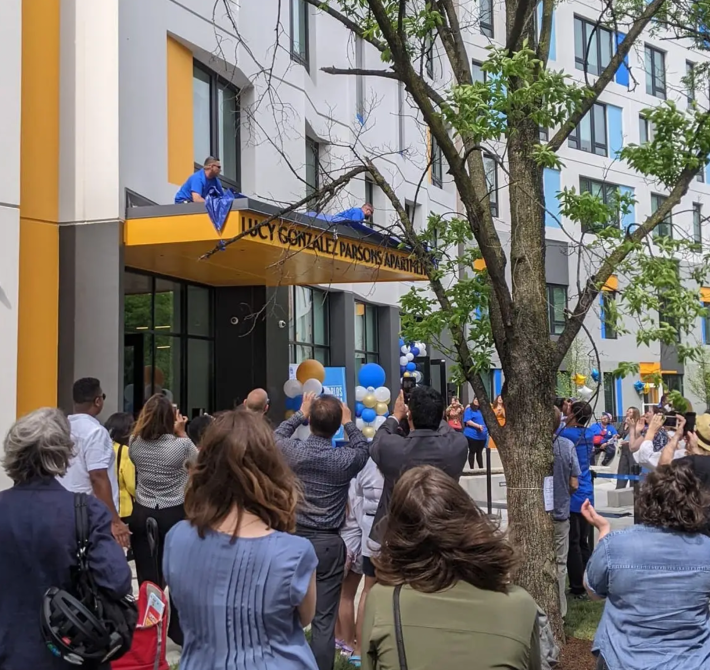
JG: Steven Vance, one of Streetsblog Chicago's resident real estate experts, had this question for you: "I'd be interested in his thoughts on Cut the Tape. Are there any things in there that Elevated is particularly excited about, or thinks are missing?"
JSA: Yes. The common thread that you'll notice in some of my comments is focusing on the equitable and the transit-oriented aspects of developments. So I think there are some very exciting recommendations or goals that are set out in the Cut the Tape report, related to expediting the review of affordable housing projects, looking at real zoning reforms. The Connected Communities ordinance that Elevated was a real part of driving and pushing, and getting passed recently, there's a number of provisions that were ultimately not included in the final legislation that we're still excited about. And they relate to the stuff in the Cut the Tape initiative, which is exciting.
But for example, one of the items in the mayor's Cut the Tape initiative around zoning was eliminating parking requirements, which is also something that we're very interested in. The efforts to streamline the sale of vacant lots, which we see as having a lot of potential. And then also the focus on improving cross-departmental coordination around the development process.
So all of those items are really promising for facilitating the process of development. And we're most especially interested in making sure that those development projects that benefit from the Cut the Tape initiative are also equitable, and that they're also transit-oriented.
As for what's missing, I don't know if "missing" is exactly the right word. But if we're going a layer deeper into some of the details of the things that Elevated would find most promising for achieving the vision that we see, for more equitable, thriving neighborhoods across the city, one piece is around cross-department coordination, and some staffing capacity to support equitable transit-oriented development efforts. That might be similar to what the administration is envisioning in the Cut the Tape. We are looking forward to more opportunities to engage with the Mayor's Office, and the whole team behind this, to get into more details and see how their envisioned staffing solutions fit into some of the priorities of Elevated as well. I don't know if that's something that's necessarily "missing" as much as more specific details that we're especially interested in.
And there's a couple of other things that might be outside the scope of Cut the Tape but are still very important to Elevated Chicago's priorities. One of those is the preservation of existing housing stock that's affordable. I'm thinking mostly about the two-flats and the three-flats that are so iconic in Chicago's built environment, and which currently provide a lot of homes that are at more affordable housing prices. There are some deconversion protections that ultimately were not included in the Connecting Communities ordinance that we are still interested in expanding, for example.
And in that vein, another piece that I didn't see called out explicitly in the Cut the Tape report is related to ending the ban on small multi-family units near transit, like two-flats or three-flats again. That's another piece that was ultimately not in the final Connected Communities ordinance, but that Elevated still remains very much in support of.
And then here are two aspects that might be a little bit outside the Cut the Tape report but are still important to Elevated. We want safer, more people-friendly streets with pedestrian guidelines near transit. And then just an overall emphasis on community ownership and wealth-building opportunities, which I know a lot of the community members at the Elevated table are very interested in. And there's increasing interest in more ownership opportunities in a lot of neighborhoods across the city.
So there might be ways that the Cut the Tape initiative does support some of those community ownership goals. Although I think a lot of that would be incumbent on some of the details in how the rest of the initiative rolls out.
JG: All right. Well, I know that some local ETOD advocates spoke very positively about you being chosen for this position, so I wish you good luck with it.
JSA: Aw, thank you!

Did you appreciate this post? Please consider making a tax-deductible donation.
